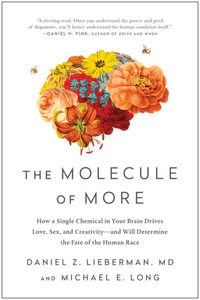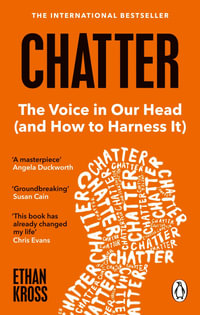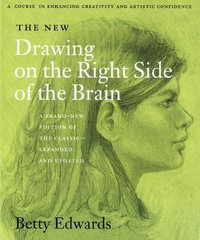Consciousness has always been a particularly elusive concept and one vigorously argued in the scientific community. This new volume takes on the task of defining normal and altered consciousness in their most relevant clinical terms.
In States of Consciousness, Andrzej Kokoszka expands on the pioneering work of J.H. Jackson, offering contemporary models for studying consciousness as it applies to both pathology and normal altered states, e.g., relaxation, sleep, meditation, and hypnosis. He makes clear distinctions between the neuroscientific and psychiatric components of consciousness; at the same time, his theories are rooted firmly in the biopsychosocial approach.
Highlights of the coverage:
-Historical overview of studies of consciousness and its altered states
-Evolutionary/dynamic model of consciousness and information processing, based on the structure and principles of cell behavior
-Comparison of altered states of consciousness in healthy persons and patients with schizophrenia
-New perspectives on the role of consciousness in pathology
-Case illustration of altered states in a patient with Posttraumatic Stress Disorder, integrating neurobiological, cognitive-behavioral, and psychodynamic data
-Applications of the model in clinical practice
States of Consciousness lends itself to theoretical and practical, research and classroom use. It is relevant to a range of scientists and practitioners in cognition, clinical psychology, social psychology, and neuropsychology The book's scope and the author's attention to detail make it a work of great versatility, much like consciousness itself.
Industry Reviews
"Kokoszka has written a unique book on consciousness and its altered states that goes beyond current approaches. In this coherent and broadly valid account of the evolved function of consciousness, he provides different viewpoints that contribute to an overall understanding of this phenomenon. Thus the book covers a historical overview of studies on consciousness and its altered states, an evolutionary/dynamic model of consciousness and information processing, but also new perspectives on the role of consciousness in psychopathology. Case illustrations serve as excellent examples of how the model can be used in clinical practice. Andrzej Kokoszka is one of those who substantially understand consciousness, and this volume can be added to the list of other illuminating works on the subject such as Francis Crick's The Astonishing Hypothesis (1994), Wallace' and Fisher's Consciousness and behavior (2003)."
-Dr F. Pouwer, Department of Medical Psychology, VU University Medical Center, Amsterdam, The Netherlands
"This important book is a 'must have' for serious readers of the study of consciousness and its altered states. It is current with respect to research and theory, and it will hopefully invigorate a field of study that has remained dormant for many years."
- Benjamin Wallace, Ph.D., Cleveland State University, Cleveland, Ohio, USA
"Few books in clinical psychology or clinical psychiatry have the breadth and depth of scholarship brought to this volume. Kokoszka's conceptualizations regarding consciousness and the broad manifestations of the human experience are essential reading for both students and experienced practitioners. He integrates his expertise in medicine, neurophysiology, clinical psychology, philosophy, psychopathology, and psychotherapy. Not a volume to be read lightly . . . This is a volume that must be studied carefully as the nidus for careful thought, discussion, and collegial debate."
- Arthur Freeman, Ph.D., Governors State University, University Park, Illinois, USA

























